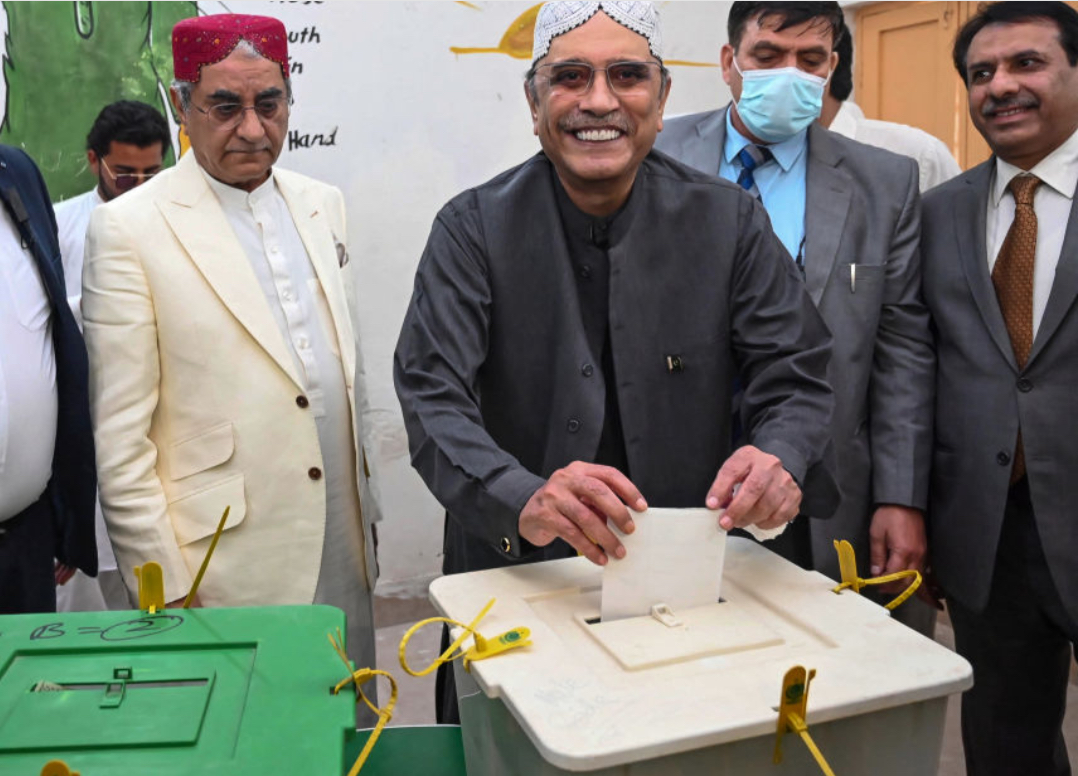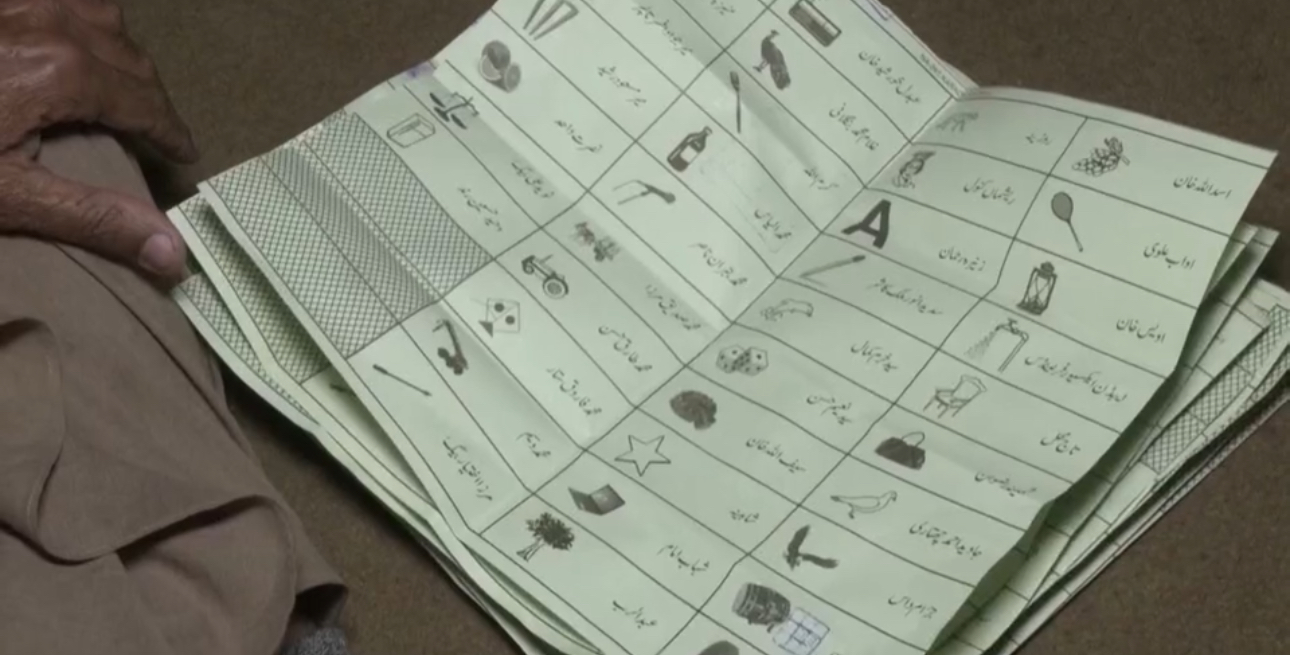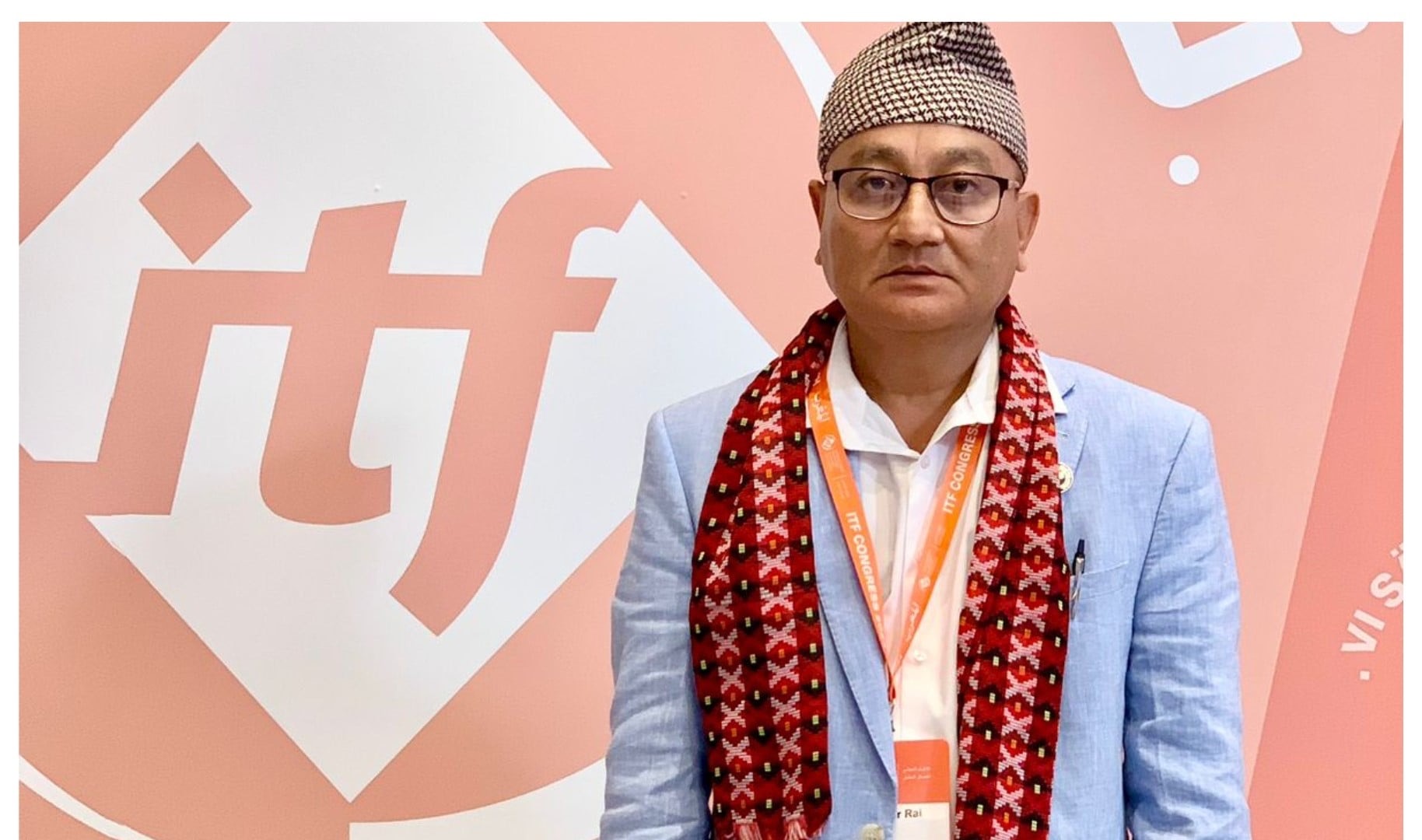Former Pakistani Prime Minister Imran Khan Sentenced to 10 Years in Jail for Leaking State Secrets Ahead of Elections

Islamabad— In a significant development, former Pakistani Prime Minister Imran Khan has been handed a 10-year jail term in a case accusing him of leaking state secrets. The conviction comes as Khan is already serving a three-year sentence for corruption charges, and he maintains that all accusations against him are politically motivated.
The verdict, delivered by a special court within Adiala Jail in Rawalpindi, also sentenced former Foreign Minister Shah Mahmood Qureshi, who is the vice-chairman of Imran Khan’s Pakistan Tehreek-e-Insaf (PTI) party, to 10 years in prison.
The case, referred to as the “cipher case,” revolves around the alleged leaking of secret diplomatic correspondence during Khan’s tenure as prime minister. The documents, claimed to reveal a foreign conspiracy against him, were displayed by Khan at a rally in March 2022, a month before he was ousted through a parliamentary vote of no confidence.
The charges include leaking a classified document and damaging diplomatic relations, with potential severe consequences, including life imprisonment or the death penalty.
Imran Khan, currently held in Adiala jail, has been facing numerous legal battles, with his legal team expressing dissatisfaction over the lack of opportunities to represent him or cross-examine witnesses.
The sentencing comes just a week before the general elections, where Imran Khan is barred from standing. The PTI alleges a lack of fair campaigning opportunities and challenges the court ruling, denouncing it as illegal.
The upcoming elections on 8th February have raised concerns about their credibility, given the extensive sidelining of Imran Khan and his party. Many point to the return of three-time former Prime Minister Nawaz Sharif as a leading contender, suggesting a shift in establishment preferences.



















Facebook Comments